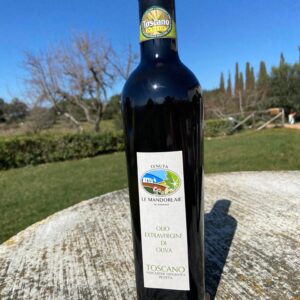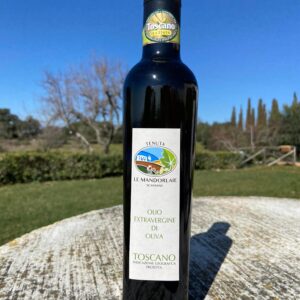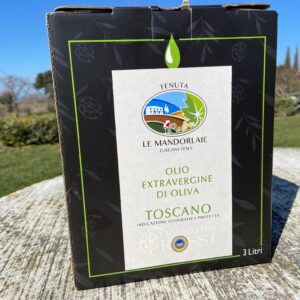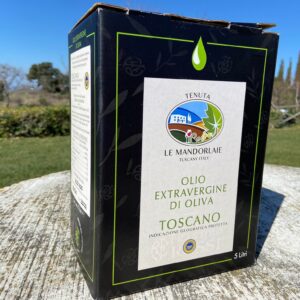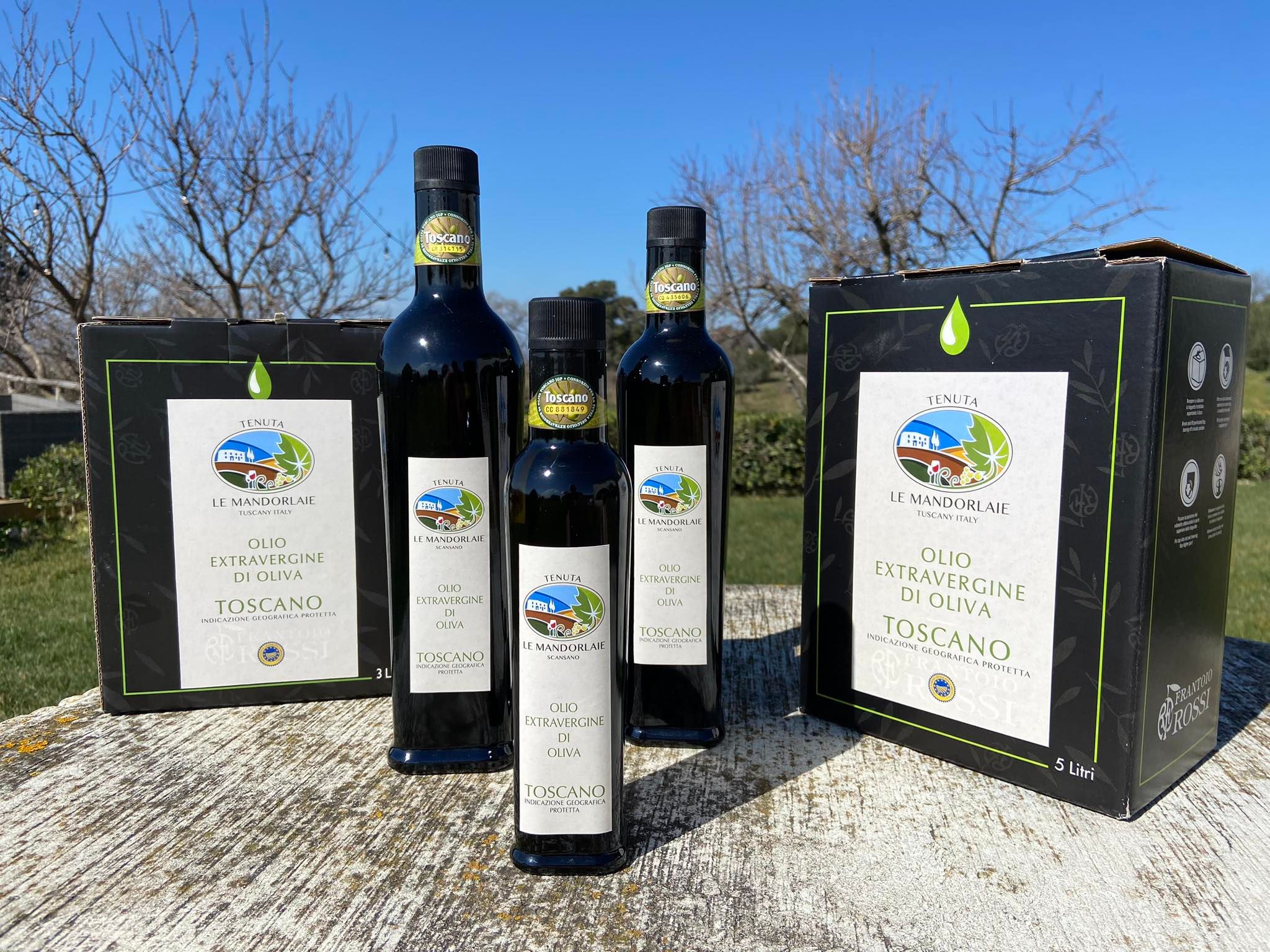
How to care for extra virgin olive oil
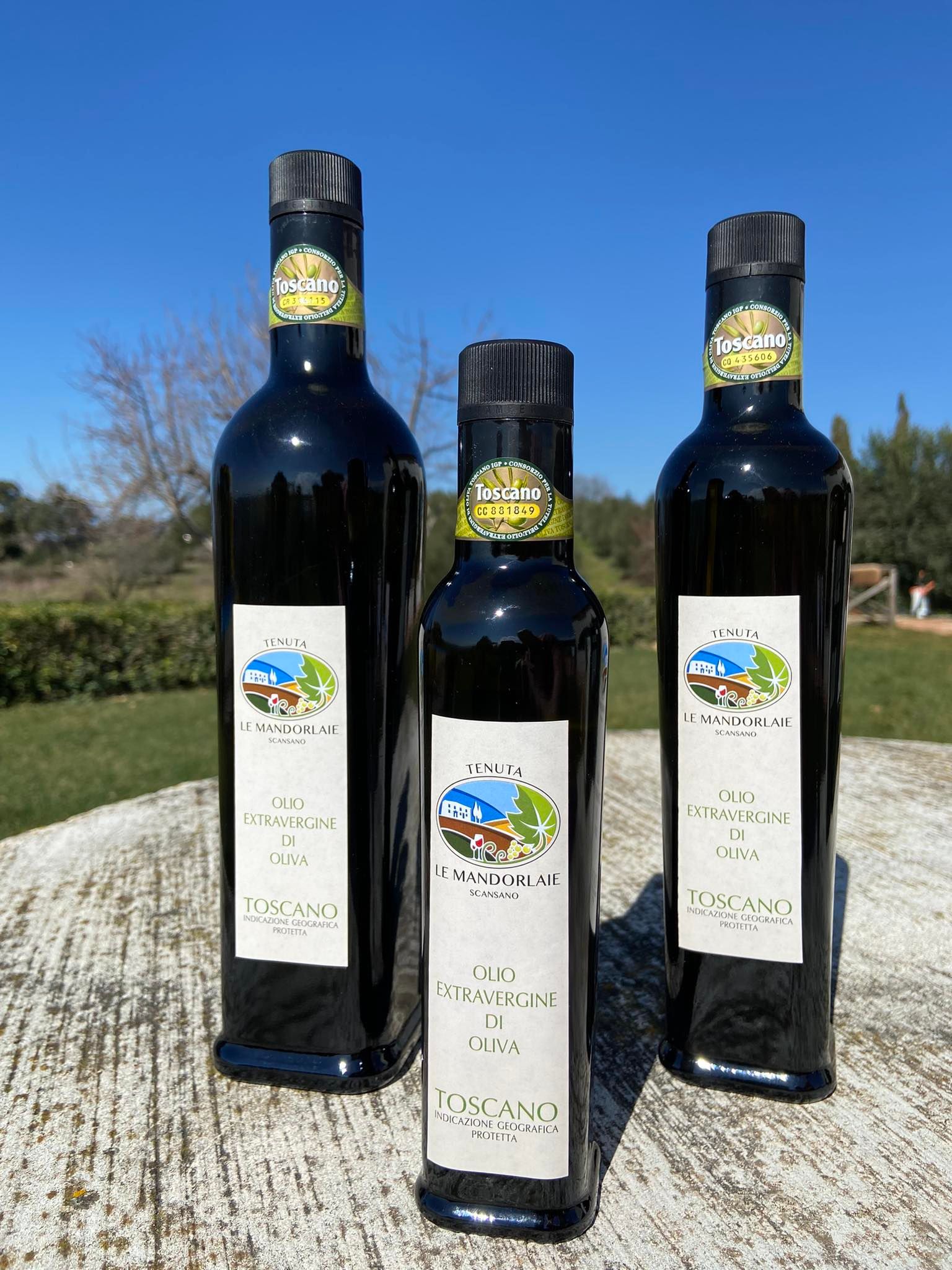 Caring for your extra virgin olive oil is essential to ensure its quality, flavor, and shelf life. In this comprehensive guide, I’ll provide you with a detailed overview of how to properly care for extra virgin olive oil to keep it fresh and delicious for an extended period.
Caring for your extra virgin olive oil is essential to ensure its quality, flavor, and shelf life. In this comprehensive guide, I’ll provide you with a detailed overview of how to properly care for extra virgin olive oil to keep it fresh and delicious for an extended period.
Introduction on how to care for extra virgin olive oil
Extra virgin olive oil is a valuable culinary ingredient renowned for its exceptional taste, versatility, and various health benefits. Its popularity makes it a staple in many kitchens around the world. However, like any other precious ingredient, extra virgin olive oil requires proper care and storage to maintain its quality and flavor.
In this guide, we will explore essential topics related to the preservation and maintenance of extra virgin olive oil, including storage, handling, selection, and the factors that can affect its freshness and taste.
Selecting Quality Extra Virgin Olive Oil
To ensure that your extra virgin olive oil stays at its best, it is crucial to start with a high-quality product. Here are some tips for selecting the best extra virgin olive oil:
1.1 Check the Label
Look for bottles that clearly state “Extra Virgin Olive Oil.” The term “extra virgin” indicates that the oil has met stringent quality standards, and it is the highest grade of olive oil.
1.2 Look for Certification
Seek olive oils with certifications from reputable organizations or regions known for producing quality oil, such as IGP (Protected Geographical Indication). These certifications signify that the oil meets specific standards and comes from a recognized origin.
1.3 Pay Attention to Harvest Date
Check the bottle for a harvest or pressing date. Fresher oil typically has a brighter flavor and aroma. Olive oil is at its best within the first year of production.
1.4 Taste Test
If possible, taste the oil before purchasing. Quality extra virgin olive oil should have a pleasant, fruity aroma, a balanced and slightly peppery flavor, and no unpleasant aftertaste.
2. Proper Storage
Once you’ve chosen a high-quality extra virgin olive oil, the next crucial step is to store it correctly to preserve its flavor and nutritional value. Olive oil can be sensitive to light, heat, air, and time, so here’s how to protect it from these elements:
2.1 Keep It in a Dark Bottle
Select olive oil that comes in a dark glass or UV-protected container. Exposure to light can lead to oxidation and a reduction in oil quality.
2.2 Store in a Cool Place
Olive oil should be stored in a cool, dark place away from heat sources like stoves, ovens, and direct sunlight. Ideally, it should be kept at a consistent temperature of around 57-70°F (14-21°C).
2.3 Seal It Tightly
Make sure the bottle is tightly sealed to prevent air from entering. The introduction of oxygen can accelerate the oil’s oxidation process.
2.4 Avoid Temperature Fluctuations
Try to maintain a stable storage temperature. Temperature fluctuations can lead to condensation inside the bottle, which can adversely affect the oil’s quality.
2.5 Store Away from Strong Odors
Keep your olive oil away from strong-smelling foods and substances, as it can absorb odors. The oil can easily pick up unwanted flavors from nearby items.
2.6 Refrigeration
While storing olive oil in the refrigerator is an option, it can lead to the oil’s crystallization. If you choose this method, let the oil return to room temperature before using it.
2.7 Freezing Olive Oil
Freezing olive oil can extend its shelf life. Pour it into an airtight container, leaving some space for expansion, and freeze it. Thaw the oil in the refrigerator or at room temperature before use.
3. Protect from Air
Air exposure is one of the primary culprits in the degradation of olive oil. The following steps can help protect your oil from contact with air:
3.1 Choose the Right Bottle Size
Opt for smaller bottles if you don’t use olive oil frequently. This minimizes the amount of air in contact with the oil.
3.2 Decant Small Amounts
Consider transferring a smaller quantity of olive oil from a large container into a smaller, everyday use bottle. This reduces the frequency of opening the main bottle.
3.3 Use Pour Spouts
Pour spouts can help control the flow of oil and minimize splashing, which can introduce air.
3.4 Cap It Quickly
After each use, tightly cap the bottle as soon as possible to limit air exposure.
4. Handling and Usage
Proper handling and usage of extra virgin olive oil are essential to maintain its quality and flavor. Here are some important tips to consider:
4.1 Minimize Heat Exposure
Avoid overheating extra virgin olive oil, as excessive heat can degrade its flavor and nutritional properties. Use it for low to medium-heat cooking or drizzle it over finished dishes.
4.2 Avoid Frying
While you can use olive oil for frying, it’s better suited for sautéing, roasting, and baking. The oil’s smoke point (the temperature at which it starts to smoke and break down) is around 375-410°F (190-210°C).
4.3 Drizzle on Finished Dishes
For maximum flavor and health benefits, drizzle extra virgin olive oil on finished dishes like salads, grilled vegetables, or pasta. The oil’s delicate flavors are best appreciated when used as a finishing touch.
4.4 Experiment with Pairings
Extra virgin olive oil comes in various flavor profiles, from mild to robust. Experiment with different olive oils to find the perfect match for your dishes.
4.5 Avoid Prolonged Exposure to Air
When using olive oil, pour the amount you need and recap the bottle promptly. Extended exposure to air can harm the oil’s quality.
5. Monitoring Freshness
To ensure that your extra virgin olive oil remains at its peak, you should monitor its freshness. Keep an eye on the following indicators:
5.1 Taste and Aroma
Regularly taste and smell the oil. Fresh olive oil should have a vibrant, fruity aroma and a robust, peppery taste. If it becomes rancid or flat, it’s time to replace it.
5.2 Appearance
Fresh olive oil is clear and free from sediment. If you notice cloudiness or particles in the oil, it may have gone bad.
5.3 Color
Extra virgin olive oil can vary in color, ranging from golden to green, depending on the variety of olives used. However, a drastic change in color could indicate spoilage.
6. Extending Shelf Life
While extra virgin olive oil has a relatively long shelf life, there are some methods you can use to extend it:
6.1 Buy in Smaller Quantities
If you don’t use olive oil frequently, consider purchasing smaller bottles to ensure freshness.
6.2 Transfer to Smaller Bottles
As mentioned earlier, decanting smaller amounts of olive oil into smaller, airtight bottles can minimize exposure to air and extend shelf life.
6.3 Store in a Wine Fridge
If you’re a true olive oil connoisseur and want to invest in its preservation, consider a wine fridge. It allows you to maintain a controlled temperature and humidity level, similar to what’s needed for storing wine.
7. Enjoying the Full Benefits
Extra virgin olive oil is not only a flavorful ingredient but also offers a range of health benefits when consumed in moderation. Here are some of the advantages of incorporating it into your diet:
7.1 Heart Health
Olive oil is rich in monounsaturated fats and antioxidants, which have been linked to a reduced risk of heart disease and stroke.
7.2 Antioxidant Properties
It contains various compounds, such as polyphenols, that act as antioxidants, protecting your cells from damage.
7.3 Anti-Inflammatory
Olive oil has anti-inflammatory properties that may help reduce the risk of chronic diseases and improve overall health.
7.4 Weight Management
Using olive oil in your diet can help control your appetite and promote a feeling of fullness, aiding in weight management.
7.5 Skin and Hair Health
Olive oil is often used in cosmetic and skincare products due to its moisturizing and nourishing properties. It can also contribute to healthy, shiny hair.
8. Conclusion
How to care for extra virgin olive oil ‘Tenuta Le Mandorlaie IGP’ extra virgin olive oil is a combination of selecting quality products, proper storage, handling, and staying attentive to its freshness. By following the guidelines provided in this comprehensive guide, you can ensure that your extra virgin olive oil remains fresh, flavorful, and beneficial to your culinary creations and overall well-being. Remember that extra virgin olive oil is not only a cooking staple but also a cherished ingredient that deserves your attention and care.

